Ian Buist’s campaign to abolish the ban on gay and lesbian diplomats
Craig Ryan looks at both LGBT and FDA history by exploring Ian Buist’s work to end discrimination against LGBT people working in Government.
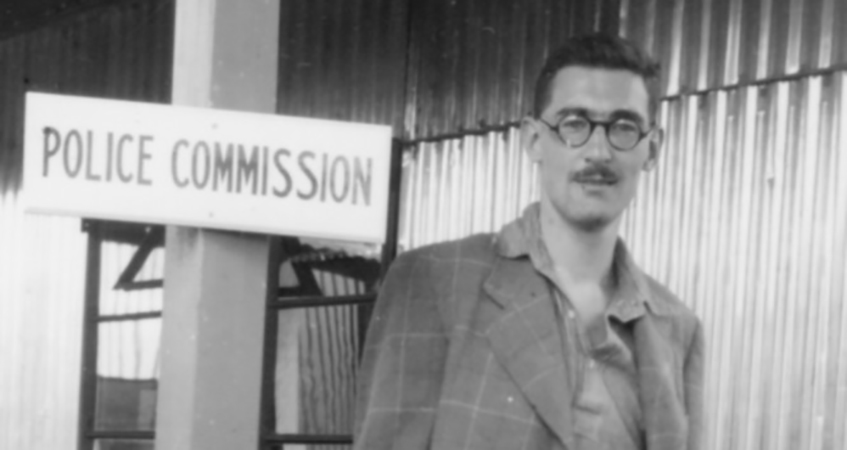
When the FDA began campaigning for LGBT equality in 1979 – one of the first trade unions to do so – it was largely due to the courage and vision of one man: the diplomat and international development expert Ian Buist (1930-2012).
Buist’s battle for equality began in 1969 when his department, the Ministry for Overseas Development (ODM), required him to undergo positive vetting after a seven-year tour in East Africa. As Buist explained, homosexuality “was still seen and treated as a ‘serious character defect’, and the discovery, or revelation, or anyone’s homosexuality led automatically to the withholding of clearance”.
Unusually, Buist’s Permanent Secretary, Sir Geoffrey Wilson (1910-2004), accepted the argument that Buist’s sexuality posed no additional security risk because he was openly gay. Having tested Buist’s veracity by asking if he belonged to any gay clubs – a question to which he would certainly have already known the answer – Wilson overruled the Security Service recommendation to deny clearance, and Buist was able to continue his distinguished career.
Aware that not everyone could rely on a Permanent Secretary as “shrewd and humane” as Wilson, Buist was convinced gay and lesbian civil servants needed more support from their trade unions. As an active FDA member, he was encouraged by “the robust attitude which the Association was taking” with the civil service department but believed the union needed to show unequivocal support for equality. In 1979, Buist’s branch put forward the first ever motion on homosexual equality to the FDA’s Annual Delegate Conference (ADC):
This Conference endorses the stand taken by the Association, with other members of the Staff Side, on the principle that there should be no discrimination against homosexual officers; and calls on the Executive Committee to pursue its efforts so as to obtain satisfactory assurance that such officers will not be debarred from posts because of their sexual orientation.
At the ADC, held on 3 May 1979, Buist faced an uphill task. He prepared carefully, producing an explanatory leaflet for delegates and briefing for the press. But Buist’s motion was placed last on the agenda, increasing the chances of it not being debated at all, and the Sheffield branch of the Association of Inspectors of Taxes (AIT) tabled an amendment to remove the call to action from the motion.
“During the lunch break, one of the Executive sought me out and said in no uncertain terms that the motion would not get through,” Buist recalled. “The EC was of course relying on the passage of the amendment, which would make the motion harmless by not committing them to any action.”
In the afternoon, Buist got a stroke of luck. During the tea break, Buist persuaded the AIT Sheffield delegate to withdraw the amendment, and just before 5pm he finally took to the podium to move the historic motion. “It is a question of fair treatment for all members of the Association,” he told delegates. “The Government had to establish its own lead just as it had done on sex and racial discrimination.”
Somewhat to Buist’s surprise the motion was carried overwhelmingly. “I’m absolutely delighted,” Buist told a Gay News reporter outside the conference hall. “Most important of all, top civil servants who are homosexual now know that if they come out they can count on full support from their colleagues both at local and national level.”
Buist’s triumph came on the day Margaret Thatcher was elected Prime Minister. But it was another six years until the principle of LGBT equality was endorsed by the TUC, and it was not until Mrs Thatcher left office that it was finally accepted by the civil service.
During the 1980s, Buist remained active in the FDA’s long and ultimately successful campaign to reform the vetting system and abolish the ban on gay and lesbian staff serving in the Diplomatic Service. When the ban was finally lifted in July 1991, it ended the formal discrimination against LGBT people working in Government and the FDA turned its attention to campaigning for equality in practice as well as principle.
Recalling the campaign many years later, Buist said: “Perhaps I and others have achieved something that will stand the test of time. But the real lesson may be that as a result of openness, and at the loss of some ‘martyrs’, it has proved feasible to work a change in public attitudes that would have been unthinkable a few years ago.”
Equality pioneer at home and abroad: the life of Ian Buist
John Latto Farquharson Buist CB – always known as “Ian” – worked tirelessly for social progress and equality throughout his professional and personal life.
In a distinguished career with the Colonial Office and international development departments, Buist was a leading advocate of progressive policies to tackle inequality and poverty, particularly in East Africa in the 1950s and 1960s. He was personally responsible for moves to redistribute land from white colonists to native Kenyans and to end racial segregation of the Kenyan police force.
When he was appointed as UK representative to UNESCO in 1980, Buist was cruelly denied the Ambassadorship that usually went with the post – later being told by his Permanent Secretary that Margaret Thatcher had personally withheld the honour when Buist’s sexuality was drawn to her attention.
At the end of his career, Buist played a leading role in setting up the European Bank for Reconstruction and Development, which successfully smoothed the path for several former Soviet Bloc countries to join the European Union.
A lifelong Christian who could recite the Old Testament in the original Greek, Buist was a founder member of the Lesbian and Gay Christian Movement. He regularly played the organ at the United Reformed Church in Wimbledon and sang at the 1953 Coronation as a member of the Colonial Office Choir.
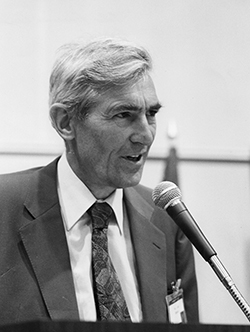
At his memorial service, his close friend Richard Kirker said of Buist: “He was the polar opposite of a Little Englander. The enthusiasm to learn from and immerse himself in other cultures, while never disregarding or undervaluing his own heritage, created a man who instinctively made friends regardless of continent, context or creed. But it was not just friendship – he had a respect for the history and achievements of people other than his own.”
Craig Ryan is the editor of the FDA’s Centenary Project.
Would you like to find out more about the FDA LGBT+ Network? Email equalitymatters@fda.org.uk for information, and take part in our FDA LGBT+ survey.
Related News
-
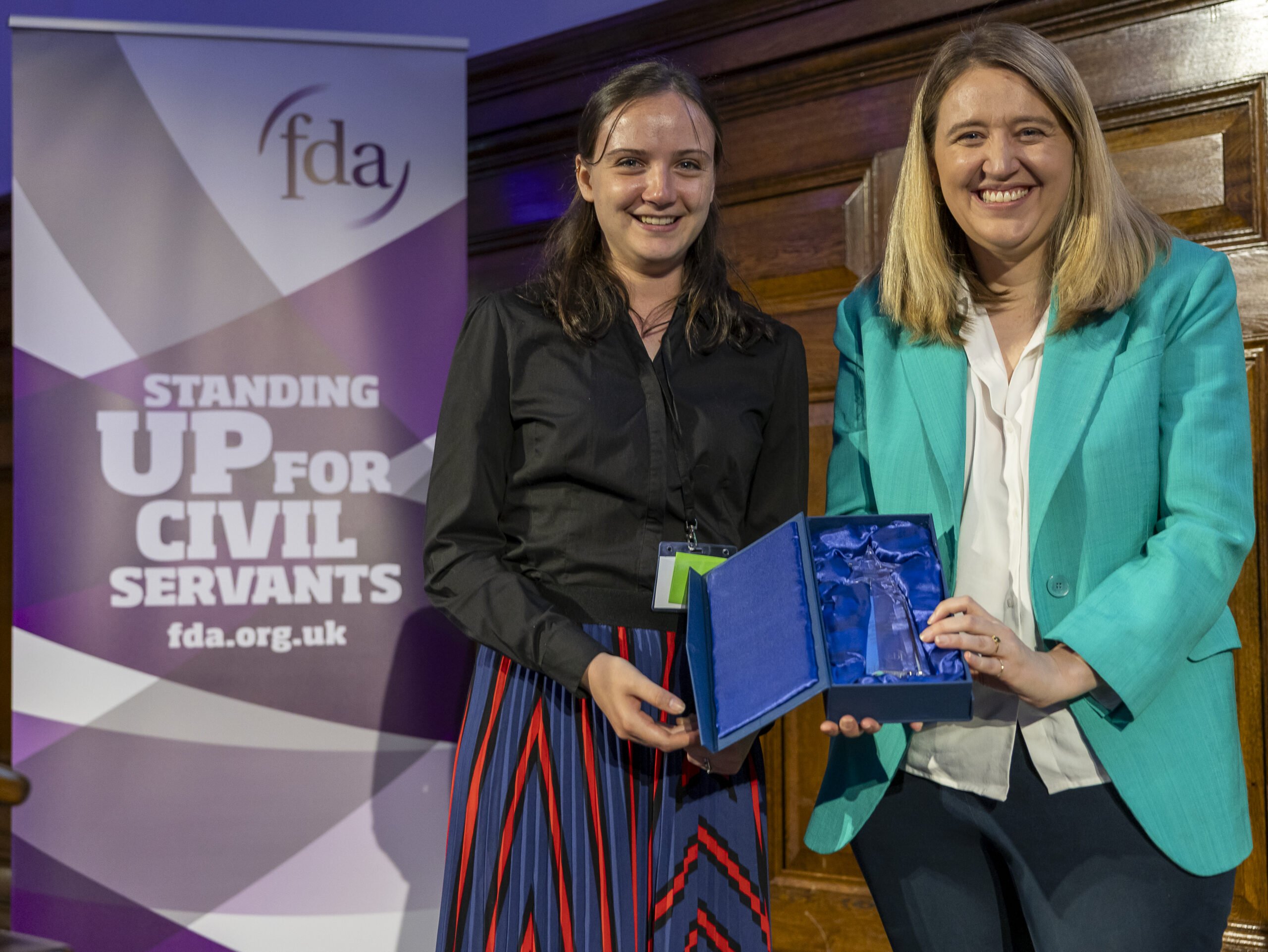
2025 Wendy Jones Equality Award winner: Chloé François-Oatway
Katherine Hutchinson speaks to the winner of the Wendy Jones Equality Award 2025, Chloé François-Oatway.
-
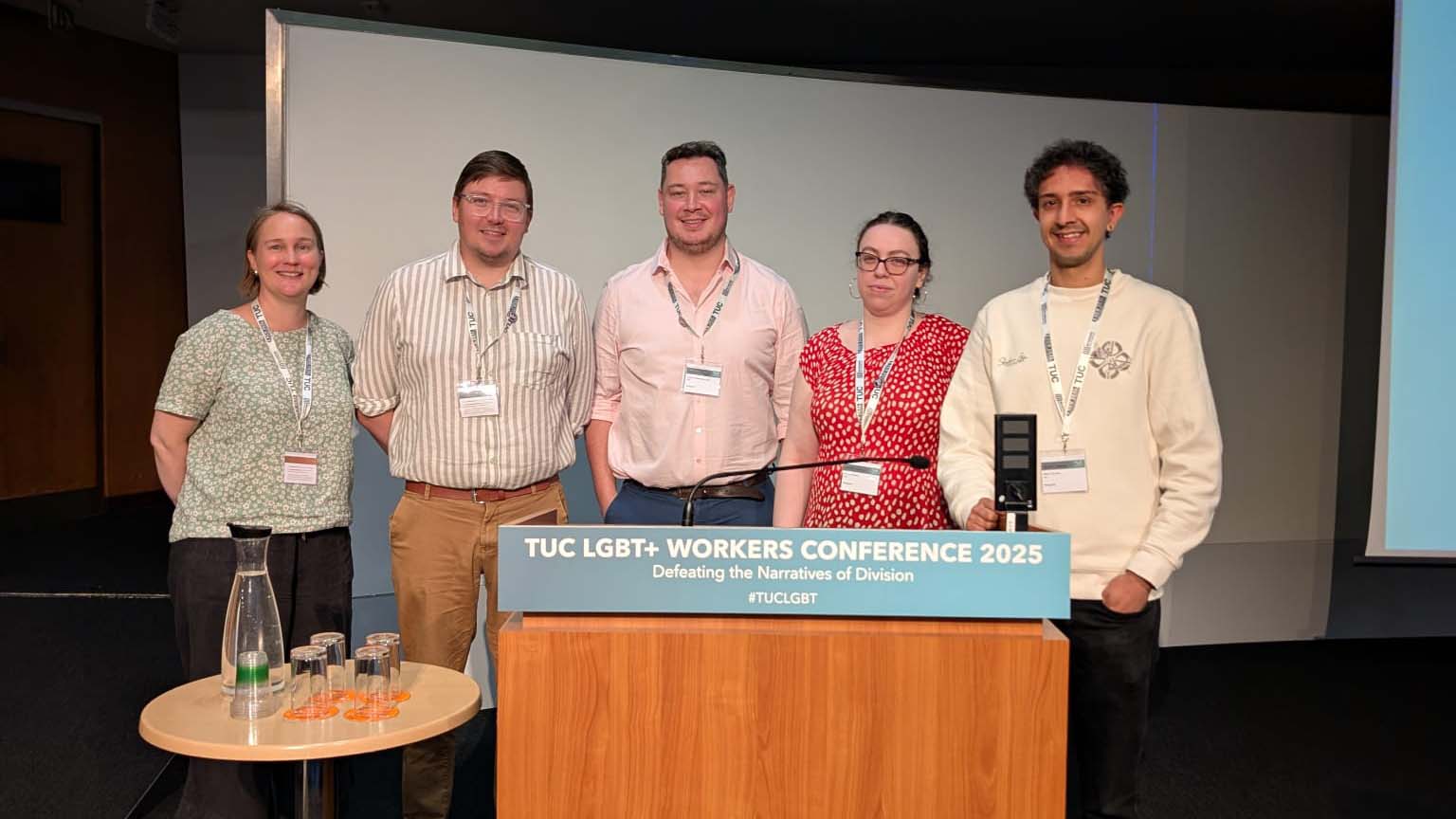
FDA attends TUC LGBT Conference and London Pride
To mark the end of Pride Month, FDA delegations attended the TUC LGBT+ Conference and Pride in London.
-
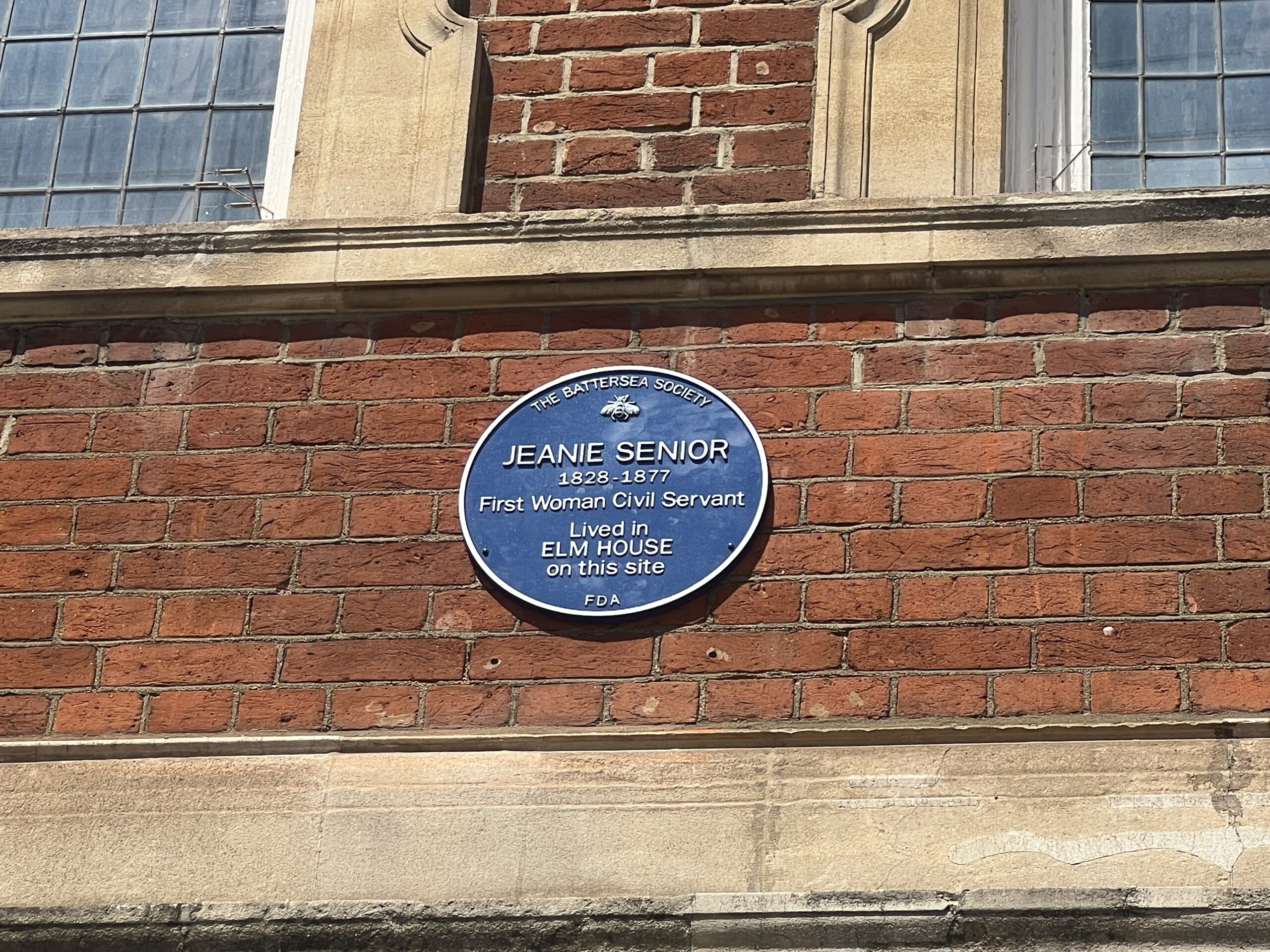
FDA attends unveiling of plaque in honour of first female civil servant Jeanie Senior
The FDA attends the unveiling of a plaque in honour of Britain’s first female civil servant, Jeanie Senior, which took place at Battersea Town Hall. The plaque was funded by the FDA and the Battersea Society, with the unveiling event arranged by local historian and writer Jeanne Rathbone.